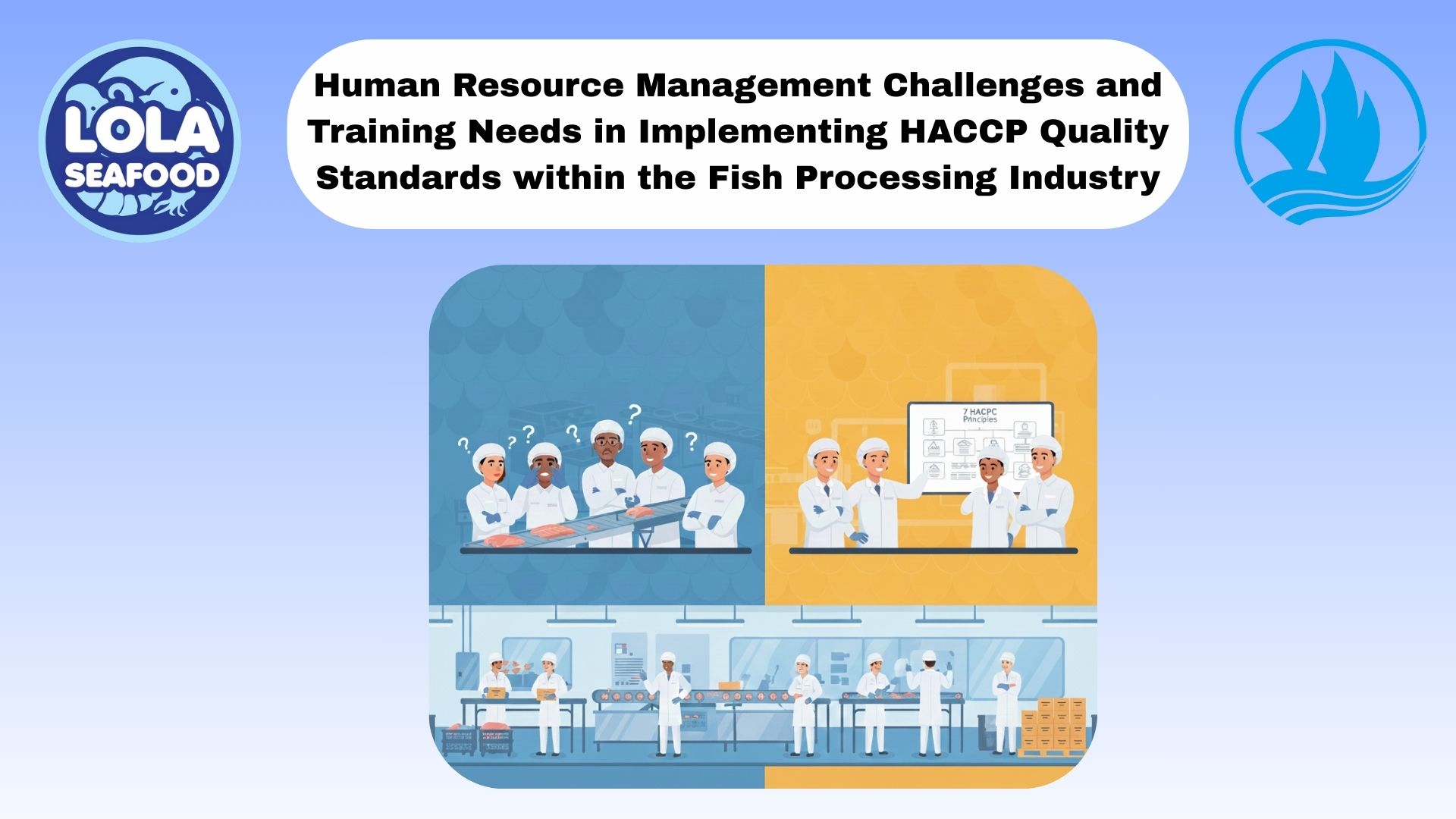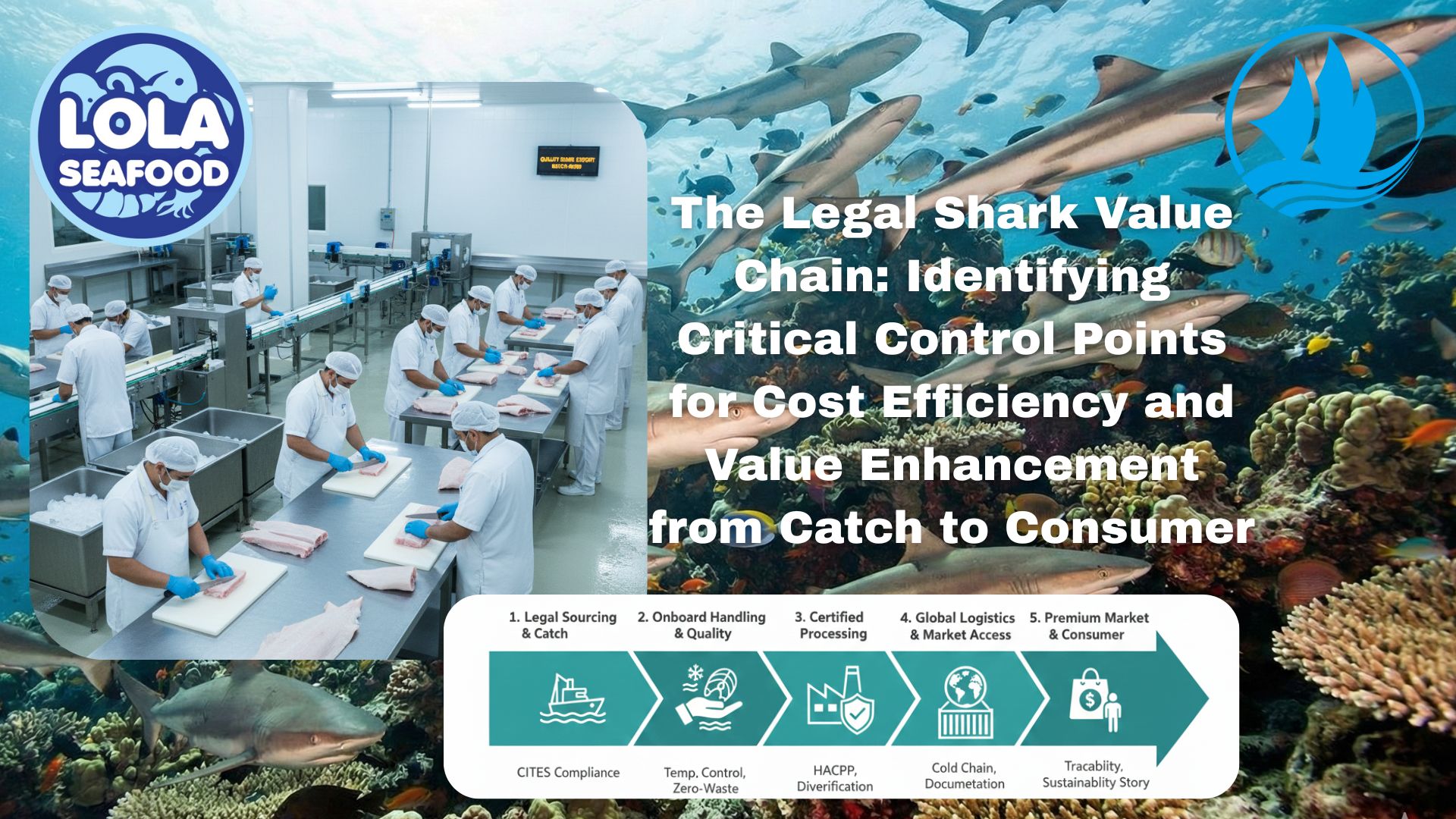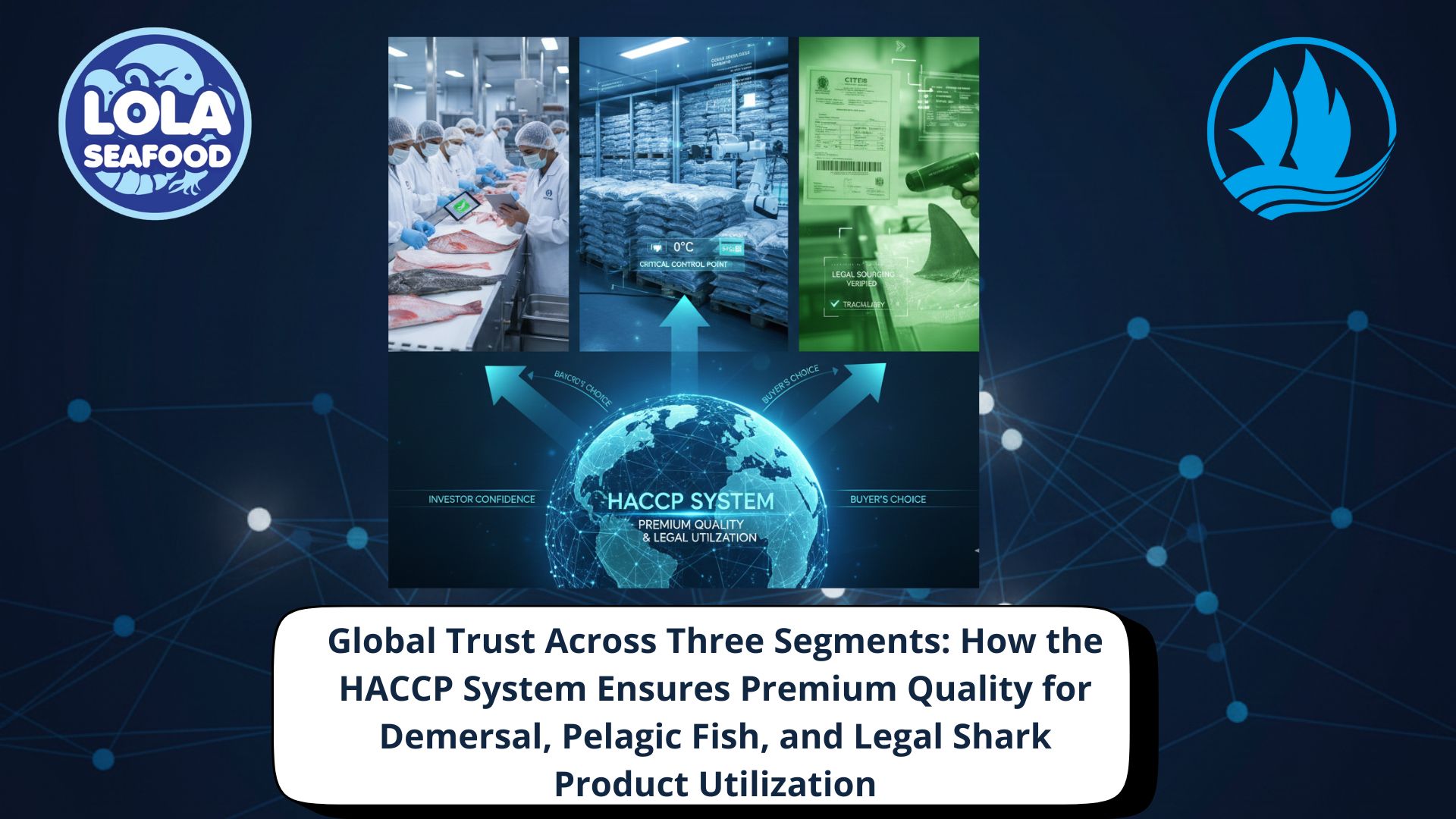Some Things We Need to Know About the Importance of Content in Fish Eggs: Key Insights
By. Agung Kurniawan - 07 Jan 2025.jpg)
Kelolalaut.com Fish eggs, or roe, are an essential stage in the life cycle of fish and hold significant ecological, nutritional, and economic value. Understanding the content of fish eggs (their biochemical composition, nutritional value, and developmental potential) is crucial for aquaculture, fisheries management, and ecological conservation. Here, we delve into some key aspects of why the content of fish eggs matters.
1. Nutritional Reservoir for Development
Fish eggs are a self-contained nutrient reservoir, providing the developing embryo with all the resources it needs to grow until it can feed independently. Their yolk sac is rich in proteins, lipids, vitamins, and essential fatty acids like omega-3, which are critical for cellular development and energy metabolism. The biochemical content varies across species but universally ensures the embryo's survival during its most vulnerable stages.
The presence of specific lipids like docosahexaenoic acid (DHA) and eicosapentaenoic acid (EPA) in fish eggs is particularly crucial. These compounds support brain and visual development in the larvae and are essential for the successful transition from egg to free-swimming fish.
2. Indicator of Female Fish Health
The quality and composition of fish eggs reflect the health and nutritional status of the female fish. Well-fed, healthy females produce eggs with higher protein and lipid content, leading to higher hatching rates and robust offspring. Conversely, nutrient deficiencies in females can result in poor-quality eggs, which may compromise larval survival. For aquaculture operations, monitoring egg content can provide insights into broodstock management and feeding strategies.
3. Ecological Role in Aquatic Food Chains
Fish eggs are not just the starting point of a new life; they also play a significant role in aquatic ecosystems. Many aquatic species, from small crustaceans to larger predators, rely on fish eggs as a nutrient-rich food source. The biochemical content of fish eggs, particularly their lipid and protein concentrations, makes them an important link in the aquatic food web. Understanding these nutritional properties can help ecologists gauge ecosystem health and energy transfer dynamics.
4. Importance in Aquaculture
In aquaculture, ensuring the quality of fish eggs is paramount for the success of hatcheries. The egg content directly influences hatching success, larval growth, and survival rates. Advances in understanding fish egg biochemistry have led to improved artificial breeding techniques and specialized feeds that enhance egg quality. For example, enriching the diets of broodstock with essential nutrients like omega-3 fatty acids ensures that eggs have the optimal content for embryo development.
5. Human Consumption and Economic Value
Fish eggs, such as caviar, are highly valued in global cuisine, prized for their delicate texture and flavour. Their nutritional content, including high levels of protein, omega-3 fatty acids, and vitamins, contributes to their status as a healthful delicacy. Understanding the biochemical composition of fish eggs helps ensure sustainable harvesting practices and improves product quality for consumers.
The content of fish eggs holds far-reaching importance, spanning from ecological dynamics to aquaculture and human consumption. By studying their composition, we gain insights into fish health, ecosystem roles, and strategies for sustainable fisheries management. Whether viewed through a biological, environmental, or economic lens, the importance of fish eggs is undeniable, serving as both a foundation for aquatic life and a resource for humanity.
If youre interested in our Emperor Fillet Skinless, Snapper Fillet Skinless, Crimson Snapper Whole Round, Parrotfish Fillet Skinless, and Grouper Fillet Skinless please do not hesitate to contact us through email and/or whatsapp.
 and Employee Productivity on the Demersal Fish Processing Floor.jpg)
The Correlation Between Occupational Health and Safety (OHS) and Employee Productivity on the Demersal Fish Processing Floor

Human Resource Management Challenges and Training Needs in Implementing HACCP Quality Standards within the Fish Processing Industry

The Legal Shark Value Chain: Identifying Critical Control Points for Cost Efficiency and Value Enhancement from Catch to Consumer

Global Trust Across Three Segments: How the HACCP System Ensures Premium Quality for Demersal, Pelagic Fish, and Legal Shark Product Utilization
.jpg)


 in Meeting Global Protein Demand Sustainably.jpg)
